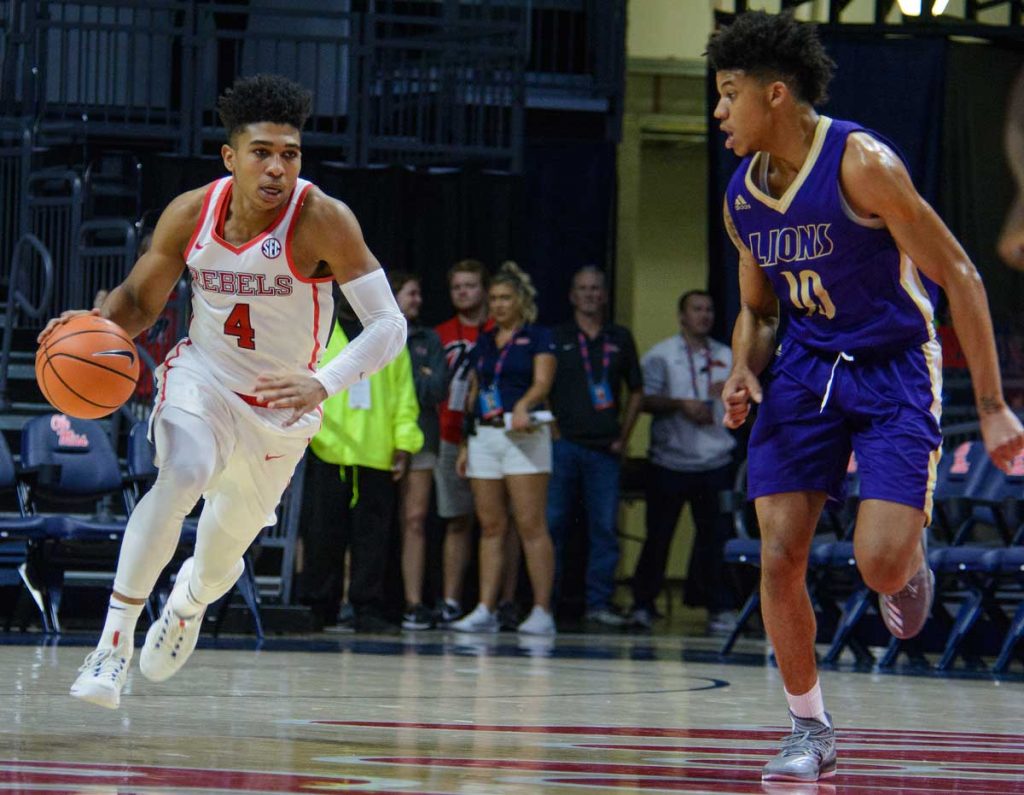The life of the college student is as idealized as it is misunderstood. Popular culture often depicts us as perpetually happy and carefree: drinking out of red Solo cups, throwing Frisbees or reading on the grass under an old oak tree. Those who have graduated before us will tell us, with great confidence: “These are the best years of your life.”
It’s fairly easy to buy into this idea. It wouldn’t be credible to say college hasn’t provided us with some of the most exciting opportunities and memorable moments of our lives. But are these really “the happiest years of our lives”? Are we as cheerful as we seem?
Looking at the status of our mental health, we can get a much more honest picture. According to a 2016 survey by the American College Health Association, two-thirds of university students reported feeling “very sad” at some point in the last 12 months, and 44 percent reported feeling that way in the previous month. More than one-third of students felt “so depressed that it was difficult to function.” This data doesn’t quite match the stereotype of the college student popular culture wants to show us.
The ideal of the carefree, cheerful student is not just mischaracterizing us. It’s also blinding us to the reality of our vulnerable mental health — three-quarters of mental health conditions develop before the age of 24.
We struggle with confronting our mental health conditions partly because we keep telling ourselves that we must be happy, that these are supposed to be the best years of our lives, that we can’t waste our time being sad, anxious or just tired and overwhelmed. Despite fast growth in the use of mental health services on college campuses, only 43 percent of students in need have accessed their university’s accommodations, according to the National Alliance on Mental Illness.
Parents, family and other adults outside our campus can be of great support. But the ideas they might have of our lives in college are sometimes distorted and idealized — they, too, buy into the myth of the ever-joyous college life. Partly because of nostalgia from their time in college and partly because of their inability to understand the struggles of the modern student, many adults tend to dismiss concerns about students’ mental health. “You’re just stressed out” or “You’re young and in college. You should be happy” are some common responses.
Another danger behind the romanticized tale of college is the normalization of alcohol and drug abuse — both students and the general population partake in constructing this idea that excessive drinking is almost a necessary part of the college experience.
Though it is true that experimenting with alcohol and drugs is part of the learning process toward adulthood, the focus should be on developing healthy and responsible habits and not on encouraging outright abuse. The popular tale of the college student in a perpetual state of partying might be cool for movies, but it is deeply unhealthy and gross in real life. An estimated 20 percent of college students meet the criteria for alcohol dependence, according to the National Institute of Health.
There is a clear link between substance abuse and mental illness. On the one hand, abuse of alcohol and drugs leads to mental health conditions and dependence. On the other hand, it might also be that alcohol and drugs serve as ways to cope with anxiety and depression. Could it be that college students drink so much not necessarily because they’re having the best years of their lives but because they’re plagued by overwhelming worries, anxiety and depression?
Those who attempt to look at the modern college student must take off their rose-tinted glasses. We must make efforts to create a more encouraging and less stigmatizing environment in which students can seek help with for mental illness, and for that purpose, the myth of students living “the best years of their lives” has to be reconsidered.
Do we even want to peak at 22?
Francisco Hernandez is a senior international studies major from Valencia, Spain.












